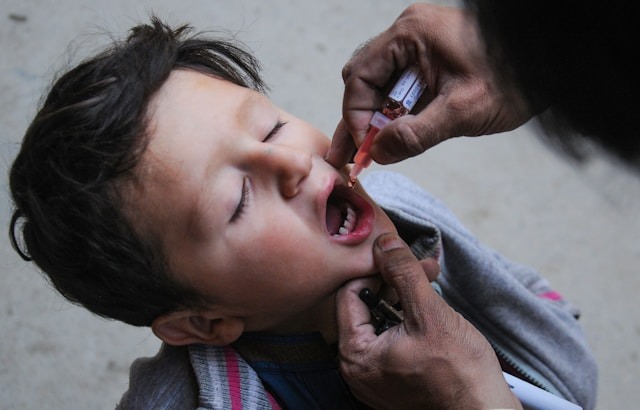Meningitis in Nigeria: What You Need to Know Now
Meningitis – an infection of the protective membranes around the brain and spinal cord – can spread quickly and become deadly. Recent outbreaks in parts of Nigeria and new vaccine deliveries mean it’s important for all Nigerians to know the signs, how the disease spreads, and what to do if someone is sick.
Why this matters now
Nigeria sits inside the African meningitis belt, where seasonal outbreaks are common during the dry season. In recent months the country reported hundreds of suspected cases across many states, and international partners have mobilised vaccines to help control the outbreak. These efforts include deliveries from the Gavi-supported global stockpile and targeted vaccination campaigns in the hardest-hit areas. 0
What is meningitis?
Meningitis is inflammation of the meninges — the membranes surrounding the brain and spinal cord. It can be caused by several germs: bacteria, viruses, fungi and parasites. Bacterial meningitis (for example meningococcal disease) is the most dangerous because it can progress very quickly and cause death or permanent disability if not treated promptly. The World Health Organization provides clear guidance on symptoms, diagnosis and prevention. 1
Common symptoms to watch for
- High fever and sudden severe headache
- Stiff neck or neck pain
- Vomiting, confusion, or difficulty waking
- Sensitivity to light (photophobia)
- For babies: poor feeding, constant crying, a bulging soft spot on the head
Act fast: If you see these symptoms, especially a combination of fever and neck stiffness, take the person to a hospital immediately — bacterial meningitis needs urgent antibiotics.
How it spreads
Meningococcal bacteria live in the nose and throat of some healthy people and spread through close or prolonged contact — coughing, sneezing, or living in crowded settings (dormitories, crowded market stalls, shared transport). Casual contact like passing someone in a shop rarely spreads the disease.
Diagnosis and treatment
A health worker will usually collect a sample of cerebrospinal fluid (CSF) through a lumbar puncture (spinal tap) to confirm meningitis and identify the cause. Bacterial meningitis is treated with prompt intravenous antibiotics and supportive care. Early treatment saves lives and reduces long-term complications.
Prevention: vaccines and public health measures
Vaccination is the single most powerful tool to prevent meningococcal meningitis. Nigeria has recently rolled out new pentavalent meningococcal conjugate vaccines (Men5CV) in outbreak-affected areas — a development public health agencies and news outlets have reported. Vaccination campaigns targeted at at-risk communities are already underway in some states. 2
Other prevention steps include:
- Avoid prolonged close contact with people who have respiratory infections.
- Cover your mouth when coughing; practise good hand hygiene.
- Ensure babies and children receive routine immunisations as recommended by local health authorities.
Important: If your child or household member develops high fever with neck stiffness, seek emergency care immediately. Time matters.
What communities and students should do
Schools, hostels and crowded work settings should increase awareness: post symptom checklists at notice boards, keep sick students at home, and encourage immediate referral to health facilities. If you run a training centre, campus or business, share verified information from the NCDC and WHO with staff and learners. (See trusted links below.)
Where to get credible updates and help
Follow local health authorities for the latest situation reports and vaccination dates. The Nigeria Centre for Disease Control (NCDC) publishes situation reports and advisories for suspected meningitis events; the World Health Organization (WHO) provides global factsheets and technical guidance. 3
If you need help applying for student support or transferring schools because of health disruptions, Alphayem Educational Consult can advise you — visit Contact Us for assistance.
Trusted sources & further reading
- NCDC: Cerebrospinal Meningitis Situation Report (PDF). 4
- WHO: Meningitis fact sheet. 5
- Reuters: Nigeria receives over 1 million meningitis vaccines. 6
- Gavi: Vaccine delivery and response. 7
Sources: NCDC situation reports; WHO meningitis factsheet; recent news coverage on vaccine deliveries and outbreak response. 8
If you found this article helpful, explore more health content at Alphayem – Health, or learn about our training services at Alphayem Computer Institute. For questions or to report a local health concern, please contact us.
— Alphayem Health Desk

